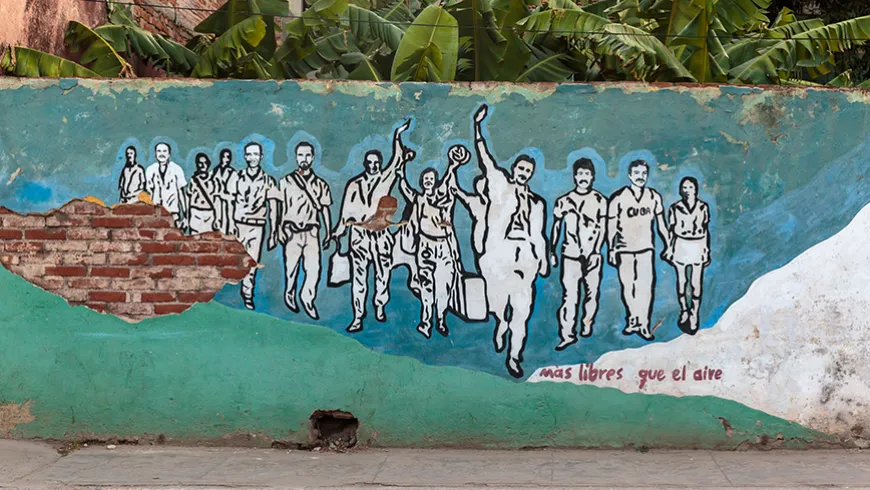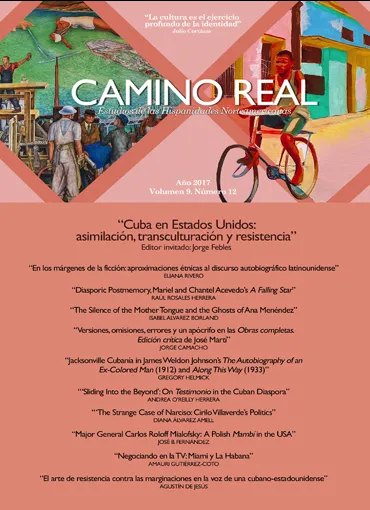
This article dialogues, transdisciplinarily, with the idea of art of resistance, seen from the perspective of James C. Scott. While he presents it in a relationship of verticality, given between the elite and its subordinates, from the political and infra-political activity of the dominated against hegemonies, this study proposes to extend the criterion to one of social activism that incorporates resistance to all kinds of marginalization, not only political, but also sexual, economic or racial, among others. Using the collections Hemos llegado a Ilión, Volver, and Amor Fatal, by Cuban-American poet Magali Alabau, this essay examines the texts and their references from that perspective of verticality to others of horizontality, disassociated from the elite, and that include the segregations that arise among the groups considered as marginal subjectivities. In this sense, it analyzes how the poetic voice recreates repressive and violent relations between certain subordinates: the poor, the sick and the exiled. This leads to contemplate that, fundamentally, in the poems located in Havana, the lyrical speaker displays a resistance to the hegemonic discourse, which can be considered as an ideological supremacism, and, in New York, she articulates a resistance to the microaggressions raised between sectors seen as marginal by the elite.


